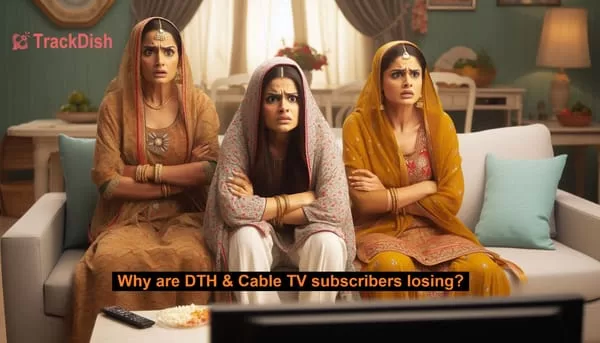AV1 and AVC are two different video codecs used for video compression. Today, we will check that the audio codec is better for your IPTV streaming service.AV1 is a newer video codec that was developed by the Alliance for Open Media (AOMedia) in 2018. It is designed to provide high-quality video compression while being royalty-free and open-source. AV1 is intended to be used in a wide range of applications, including streaming video, video conferencing, and virtual reality.AVC, on the other hand, is an older video codec that was developed by the Joint Video Team (JVT) in 2003. It is a widely used video codec that is compatible with a wide range of devices and platforms. AVC is often used in applications such as video streaming, digital television, and Blu-ray discs.In terms of compression efficiency, AV-1 generally offers better compression than AVC, meaning it can achieve a similar level of video quality at a lower bit rate (data rate). However, since AV1 is a relatively new codec, it may not be supported by all devices and platforms yet, while AVC is widely supported.AV1 and AVC are two different video codecs with different features and performance characteristics. The choice between them will depend on the specific requirements of the application and the devices and platforms used.
FAQs –
Table of Contents
Are AVC1 and AV1 the same?
No, AVC1 and AV1 are not the same video codec. AVC1 and AV1 are different video codecs with different characteristics and compression techniques. Advanced Video Coding (AVC), also known as H.264.What is the difference between AV1 vs HEVC (also known as H.265)?
Compression Efficiency –
AV1 is generally considered to have better compression efficiency compared to HEVC, which means it can achieve similar or better video quality at lower bitrates.License and Royalty –
AV1 is a royalty-free codec developed by the Alliance for Open Media (AOMedia), which means that anyone can use it without paying royalties. HEVC, on the other hand, requires a license from MPEG LA, which may require payment of royalties.Compatibility and Support –
HEVC is more widely supported and compatible with devices and platforms than AV1. AV1 is gaining more support as it becomes more widely adopted because it is open source, which will be available easily in the future.Performance –
AV1 has been optimized for better performance on hardware with high processing power and supports better parallel processing.Best Video Codecs from AV1, AVC, HEVC, and VP9?
The choice of the “best” video codec among AV1, AVC, HEVC, and VP9 depends on several factors, including the application, the intended use case, the target audience, and the available resources. Here’s a brief overview of each codec and its strengths:AV1: AV1 is a relatively new video codec that was developed by the Alliance for Open Media (AOMedia) in 2018. It is designed to provide high-quality video compression while being royalty-free and open-source. AV1 offers better compression efficiency than AVC and VP9, meaning it can achieve a similar level of video quality at a lower bit rate. However, since it is a new codec, it may not be widely supported by all devices and platforms yet.AVC (H.264) –
AVC, also known as H.264, is a widely used video codec that is compatible with a wide range of devices and platforms. AVC offers good compression efficiency, making it suitable for a variety of applications, including video streaming, digital television, and Blu-ray discs. It is a mature codec and widely supported.HEVC (H.265) –
HEVC, also known as H.265, is a newer video codec that offers better compression efficiency than AVC. This means that it can achieve the same level of video quality at a lower bit rate than AVC. HEVC is designed to be used in a variety of applications, including video streaming and broadcasting, as well as for high-resolution video.VP9 –
VP9 is an open-source video codec developed by Google. It offers good compression efficiency and is designed to be used for a variety of applications, including video streaming, video conferencing, and virtual reality. VP9 is widely supported by major browsers and operating systems.AV1 –
AV1 offers superior compression efficiency, meaning it can deliver the same or better video quality at lower bitrates compared to VP9. AV1 encoding is more resource-intensive and slower than VP9, but hardware support for decoding is improving. AV1 is gaining traction, it is not yet as widely supported as VP9, but this is changing as more hardware and software begin to support it.Ultimately, the choice of the “best” video codec will depend on a variety of factors, including the specific requirements of the application, the devices and platforms used, and the available resources.FAQs –
What is the best codec for video quality?
The best codec for video quality currently is AV1. It offers excellent visual quality comparable to H.265 (HEVC) while consuming about 12% less data.Which codec is better H 264 or HEVC?
For better compression and working with high-resolution content, HEVC is the better choice.What is the fastest video codec?
VP9 and AV1 are also known for their efficiency and speed, especially in web streaming scenarios.Discover more from TrackDish - TV Installation Guide
Subscribe to get the latest posts sent to your email.
Show Comments




